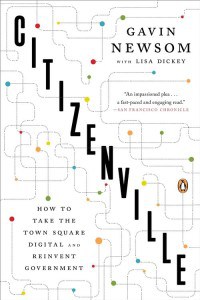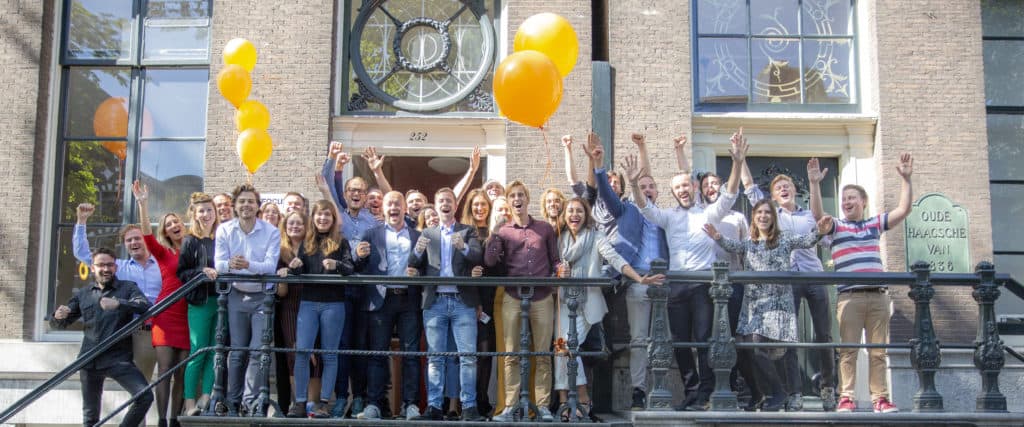Not too long at a networking event, I spoke with a new acquaintance on how technology can improve the relationship between the citizens and their government. Though I’ve been theorizing and writing for years through my studies at Berkeley what it takes to create a moral and just government, those topics mostly covered philosophical aspects instead of being based on practical experiences. My first true practice with governance was through the Occupy movement in 2011 and 2012. Though I don’t think the movement was a smashing success, it did create a paradigm shift in the political conversation in the United States. For me personally, I learned a great deal from the failures of Occupy, which for me centered in Berkeley. Some of these lessons include the negative side of direct democracy when there are no leaders to guide or moderate decision-making. This often led to swift decisions that weren’t fully developed. The most important that shone through during this time was that citizens wanted to be politically engaged, but the normal avenues of doing so weren’t cutting it. Even in Berkeley, a municipality where citizens are some of the most active in city government, most people didn’t feel like they were being heard.

To return to the networking event, my conversation partner recommends me to read “Citizenville”, written by the former mayor of San Francisco, and current Lieutenant Governor of California, Gavin Newsom. After completing the book this week I can see why. The book spoke to my belief that government exists to serve moral reasons, not political reasons; while also speaking to my experience of the last year, working at the Consulate General of the Netherlands in San Francisco. Being an Economic Officer at the CG put me in touch with the entrepreneurial side of the Bay Area, a region I’d been living in for 15 years, but no less than the biggest startup ecosystem in the world. Having learned the Silicon Valley terminology and vocabulary, reading Newsom’s stories on how to better citizen to government relationships felt like hearing buzzword after buzzword in a young startup pitch. The collection of stories found in Citizenville feel very recent, filled with realizations of the impact big data could have, the gamification of real life objectives, and examples of how America’s abysmal voter participation could be improved.

My personal favorite snippet is Newsom’s view on how technology has changed the relationship between government (politicians and bureaucracy alike) and citizen. That is, communication has changed from one-way to two-way. The era of radio and TV allowed information to stream from those who had the power to use it to the masses of people. But in the information age, all people have the ability to make their voices heard and to speak their criticism, and the government has the opportunity to respond. The opportunity for citizen engagement is at an all time high, yet the fruition of that opportunity is yet to come to light. Now more than ever, citizens in the United States especially feel as if their government does not represent them. From Occupy Wall Street to the Tea Party to the more recent #BlackLivesMatter protests, the citizenry is taking to the streets because they do not feel like they will be heard any other way. Newsom doesn’t have a solid answer on how to change this just yet, but it’s clear that he has been experimenting.
As I move onto the Netherlands on Monday, I will begin to observe two entirely different political systems: that of the Netherlands, and that of the European Union. Transparency and openness are two more of the calls for change in the “Citizenville”, and I believe that in Europe this will be easier to find. Having open data gives the opportunity for a more enlightened and engaged citizenry. While my studies move forward, the question of how to keep a more engaged citizenry will stay at the forefront.
Find me, Bo-Peter, on Twitter @BLaanen and LinkedIn.
Also, read my recent blog at Laanen the Brand on StartupDelta.


